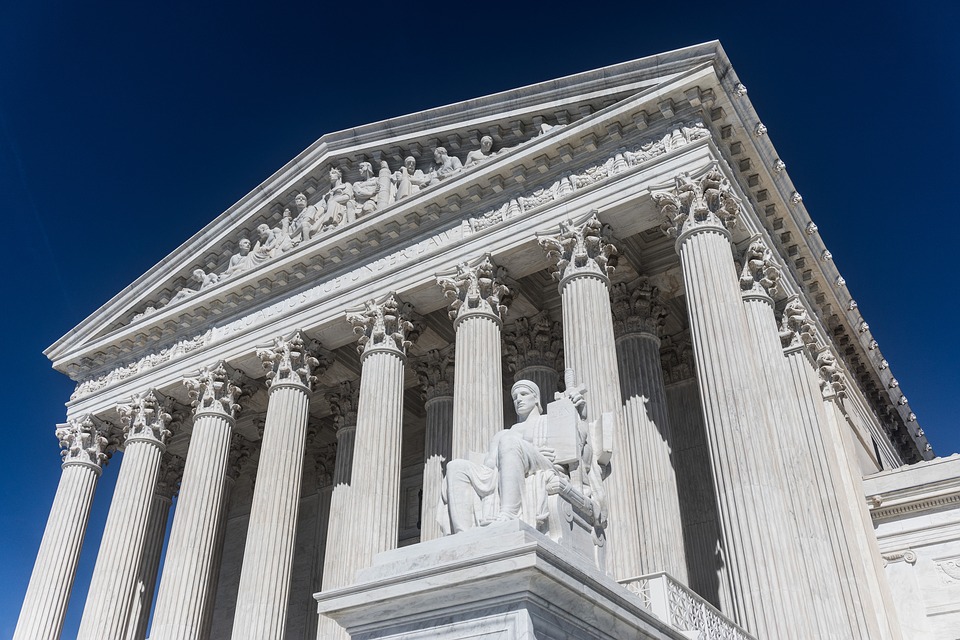Starting in 1899, U.S. denial of self-determination giving people in the Philippines, Puerto Rico, and Guam a choice between U.S. statehood or nationhood was the greater part of the injustice under the “unincorporated” territory doctrine of the original Insular Cases.
Likewise, the failure of the 1899 treaty of cession with Spain or the first organic act passed by Congress for Puerto Rico to define legal status of the people at the national level was not only disempowering. It made incorporation under the Constitution a dilemma for the courts, because the population was not naturalized as U.S. citizens, as had been the case with Alaska, Hawaii and even the Louisiana Purchase.
Indeed, while the racism of American society in 1901 was implicated in a few inarticulate commentaries in the Insular Cases, denial of self-determination to end limited “citizen of the territory” status in favor of national citizenship, either in the U.S or an independent nation, was explicit institutionalized anti-democratic disempowerment. This was a form of civil disablement for the peoples of Puerto Rico, Guam and the Philippines under the Insular Cases.
So, if Gorsuch has his way, now the U.S. is again going to deny self-determination for Americans in the last five unincorporated territories in 2022, through a court-ordered change of political status for all territories from unincorporated to incorporated status. Whatever that may mean — Congress has not decided. This, supposedly to redress racial injustice 120 years ago when America’s high court still practiced legalized race segregation?
Confusion
Confusion could be the outcome if the court decided to intervene because Congress was holding the territories in perpetual political limbo and arrested self-determination. But instead of an emancipatory pro-democracy argument, Gorsuch actually mocks the opposition to a court-ordered status mandate by elected leaders calling for self-determination on the status question in the territory of American Samoa.
Apparently, Gorsuch thinks the courts instead of the local government or even Congress should make that choice. American Samoa is the target of the Fitisemanu lawsuit, and Gorsuch goes so far as to cite the dissent in the 10th Circuit ruling in the Fitisemanu case as “asking the right questions” about territorial status determination for American Samoa, and by implication all five unincorporated territories.
Does that mean he favors application of 14th Amendment citizenship clause to unincorporated territories the same as in states and incorporated territories? If so, should he now recuse himself in the Fitisemanu appeal for having pre-judged the petition for review of the 10th Circuit ruling in Fitisemanu upholding the Insular Cases?
The Vaello Madero ruling and the Gorsuch reaction to it prove statehood — not the territorial status quo — is the only politically realistic path to full equality if U.S. citizenship is to continue. Like the 2016 case of Puerto Rico v. Sanchez, in Vaello Madero the court upheld the 120 year old territorial non-incorporation doctrine of the so-called “Insular Cases.” Those rulings starting with the Downes v. Bidwell case in 1901 declared the U.S. Constitution does not apply as in the states, until Congress acts to declare the territory permanently “incorporated” onto the union.
Incorporation
Historically, without exception the courts recognized that all 32 territories treated by Congress as “incorporated” were thereby destined for admission to the union as a state. Accordingly, the courts ruled that incorporation triggered application of the Constitution as in states, with exceptions only as allowed by Congress and the courts for transition to statehood, and the Constitution’s limitation of voting representation in Congress and the Electoral College to the states.
The original Insular Cases “unincorporated” territory doctrine applied only to non-citizen populations in overseas territories annexed by the U.S. or ceded by a foreign nation. In the case of Alaska and Hawaii the U.S. Supreme Court ruled that conferral of U.S. citizenship in those territories was grounds recognizing those territories as “incorporated.” In the 1922 case of Balzac v. Puerto Rico the U.S. Supreme Court deviated from the Insular Cases and its own precedents on the status of Alaska and Hawaii, by ruling Puerto Rico would remain in “unincorporated” territory status even after conferral of U.S. citizenship.
The real meaning of the ruling is that instead of a court decision fixing territorial status, the hard truth is the people of Puerto Rico will achieve equality through nationhood or statehood by self-determination recognized by Congress. Once that has been done, Congress and the courts perhaps can find creative status solutions for the four small territories, which also must choose between endless territorial status, integration into an existing state or newly formed state, or independence with or without free association.








No responses yet